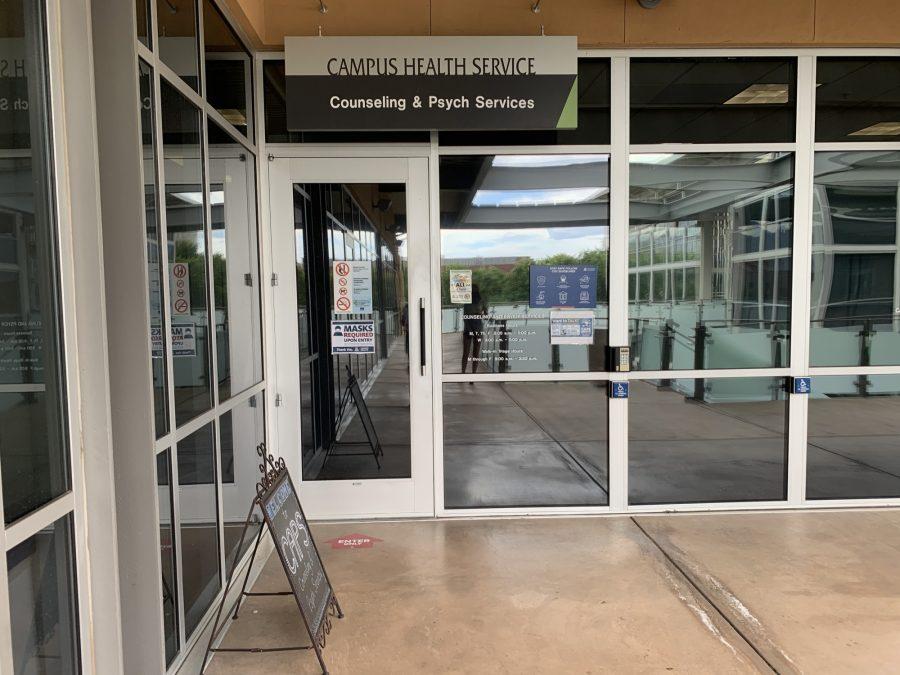Stress is a common feeling that many individuals experience on a daily basis. Life can bring about uncertainties and challenges that can cause individuals to feel stressed and overwhelmed.
Many individuals don’t stop to think about the importance of listening to our emotions, thoughts and feelings and take time to eliminate and manage our stress.
The month of April is Stress Awareness Month. The American Institute of Stress explains that Stress Awareness Month has been recognized every year in April since 1992.
“We all experience stress – yet we may experience it in very different ways. Because of this, there is no single definition for stress, but the most common explanation is a physical, mental, or emotional strain or tension,” the AIS stated.
Leslie Ralph is a clinical psychologist at Counseling and Psych Services at the University of Arizona and she is also the coordinator of mental health promotion. She explains how April is a great month to start talking with friends and family about wellness in general, including emotional wellness or mental health.
“Talk about what you do to practice self-care, the way you’re feeling, and what you do to manage stress. If you’re concerned about someone or someone’s reached out to you for support in the past, check in with them. Share information about stress awareness month and stress management,” Ralph said.
Stress, anxiety and mental health in general are topics that many people are not open or comfortable with talking about. About 1 in 5 adults in the U.S. experience mental illness each year, according to the National Alliance of Mental Illness. The more we as a society continue to open up dialogue and share information, the more individuals will feel comfortable seeking help and support.
“Our discomfort with talking about topics like this is a reflection of general societal messages about what makes someone strong or worthwhile. While it’s changing, there is still a stigma in our society about mental health and mental illness,” Ralph said.
Working to create safe spaces and environments for individuals to feel comfortable talking about their emotions, feelings and mental health can help to start conversations and show support.
“The way we talk and listen both play a huge part in whether it feel safe to open up about mental health. Strategies like active listening, reflecting back what you’ve heard and checking your understanding, and listening with the intention to understand rather than fix or jump to solutions can go a long way,” Ralph said.
Mental health and taking care of ourselves is important at all times, and during Stress Awareness Month is a great time to begin. Ralph suggests making time for self-care which could include making sure you get enough rest, are well fed, moving your body, using tools and resources that will benefit your wellbeing and making time to enjoy life.
“Each of us has the power to define what self-care means to us and to start talking more openly about the benefits of making self-care and well-being a priority,” Ralph said.
Follow Julianna Strano on Twitter

Julianna is a senior majoring in journalism and sociology. She enjoys writing and reporting on topics related to mental and physical health and wellness.









